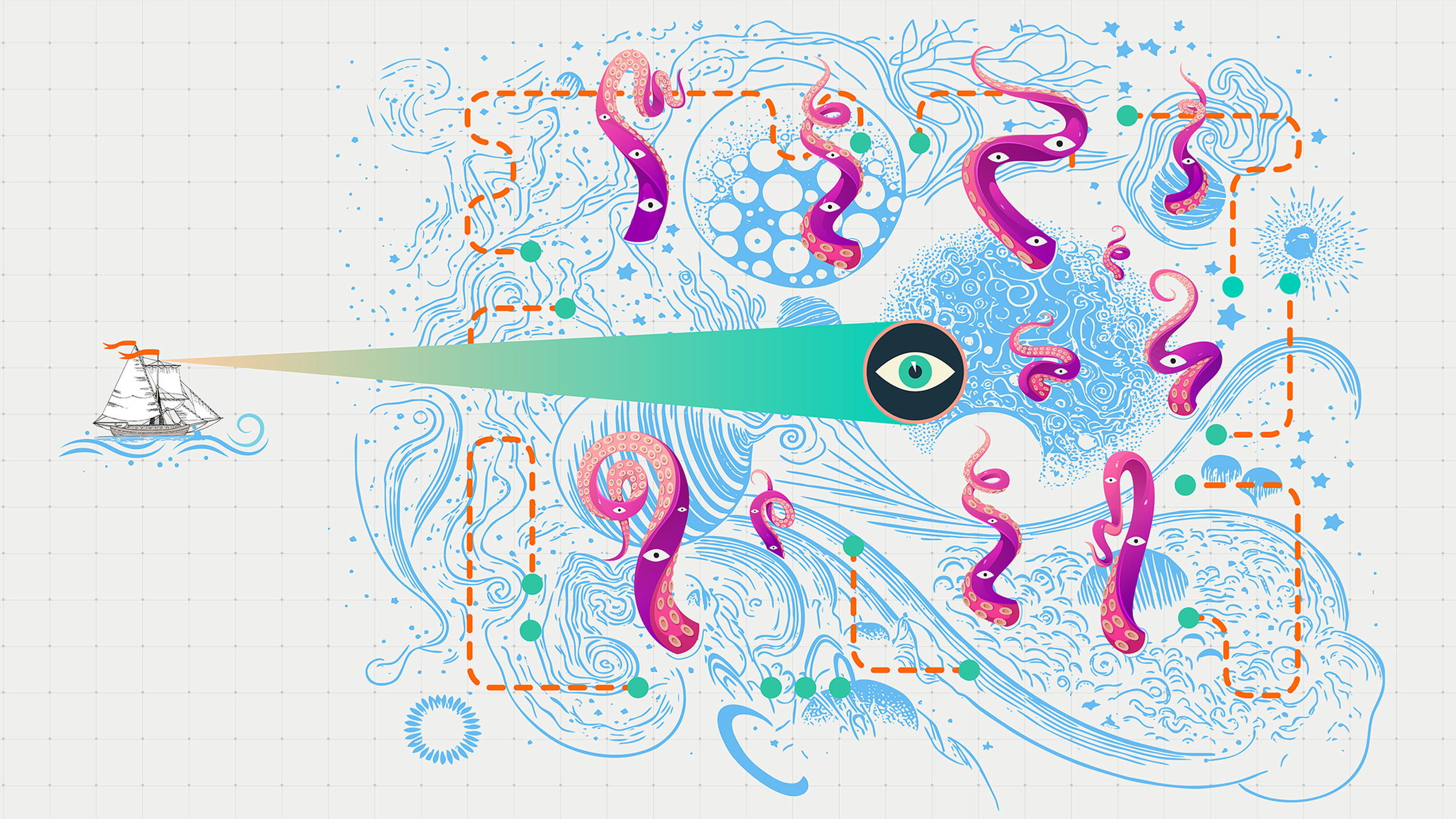Just one thing before you quit your job and become a coder…

PXHere
- Considering the high wages and high demand, it’s very tempting to learn to code and join the IT industry.
- While official projections say that this industry will stay strong and lucrative for a long time, some experts disagree.
- Individuals such Mark Cuban and Andrew Yang believe that automation is going to come for the IT industry too and that the valuable skill set of the future might not be what you’d expect.
Maybe you’ve become enmeshed in the gig economy, copywriting in $5 increments at Fiverr or driving Uber. Maybe your STEM-y undergraduate peers were right and you’ve wound up as a barista. Maybe you’re even employed in the industry you trained for, perhaps as an editor or as a marketer. You graduated with a liberal arts degree, but your friends in the IT industry seem to be living the high life. Gone are the pasty computer nerds of the past; everyone in IT seems to have an Instagram plastered with sandy beaches, pearly white teeth, fun adventures, delicious food, an all-around good life. Maybe you should learn to code and switch careers?
Just consider the IT industry’s skyrocketing hourly wage, which reached an average of $41.29 in 2018. Or, consider the Bureau of Labor Statistics’ prediction that between 2016 and 2026, the labor market for software engineers is expected to grow by a blistering 24 percent. Everything relies on code today. Your computer, your job, your car, your refrigerator — are you missing out on the ideal industry?
It’s true that the IT industry is an economic powerhouse, but succumbing to FOMO isn’t likely to improve the conditions of your life. In fact, although official statistics are very optimistic about this industry’s growth, some experts think that the future of the IT industry will be far less rosy.
Mark Cuban stands firmly in the latter camp. “Twenty years from now, if you are a coder, you might be out of a job,” said Cuban in an interview on Recode Decode.
I think a liberal arts major is just as important in the future as a coding major. Now the coding major who graduates this year probably has better short-term opportunity than the liberal arts major that’s a Shakespeare expert, but long term, it’s like people who learned Cobol or Fortran and thought that was the future and they were going to be covered forever. The value’s going to diminish over time.
Automation is going to change everything
Why would this be the case? It has to do with the big bad A: Automation. We typically think of automation as software engineering replacing nearly all other jobs. Assembling a car, for instance, is mostly done by robots programmed by software engineers. Driving a car is quickly becoming a task performed by algorithms as well. In an interview with Big Think, Andrew Yang explains how automation is already taking over some jobs that we thought only highly skilled experts could perform:
AI can already outperform the smartest doctors at identifying tumors on a radiology film. AI can already surpass experienced corporate attorneys at editing documents and contracts. And so right now we’re trapped in this mindset where we all have to find value based upon the market’s estimation of what we can do. But the market’s going to turn on more and more of us very, very quickly and has nothing to do with our merit. That radiologist went to school for a long time, but they just can’t see shades of gray that the AI can. And the AI can reference millions of films whereas the radiologists can only reference thousands. And so we have to start evolving the way we think of ourselves and our value in this society.
We think of IT jobs as being more resilient to the upcoming automation revolution, but this simply isn’t true. AI and automation are likely to significantly impact software development and already has. You don’t have to be a web developer to build a website anymore, for instance; many of the repetitive tasks involved in building a website have been automated by different software tools. AI probably won’t replace all software developers in the same way it’ll replace all drivers, but it will reduce the demand for software developers as barriers to entry and the level of requisite technical skills become lower and lower.
If that’s the case, what will be the most relevant skills in the future? Mark Cuban believes that these are “Creativity, collaboration, communication skills. Those things are super important and are going to be the difference between make or break.” So, if you’re a liberal arts student nervously considering switching to a more lucrative major after taking a full accounting of your student loans for the first time, don’t be so quick to act.





